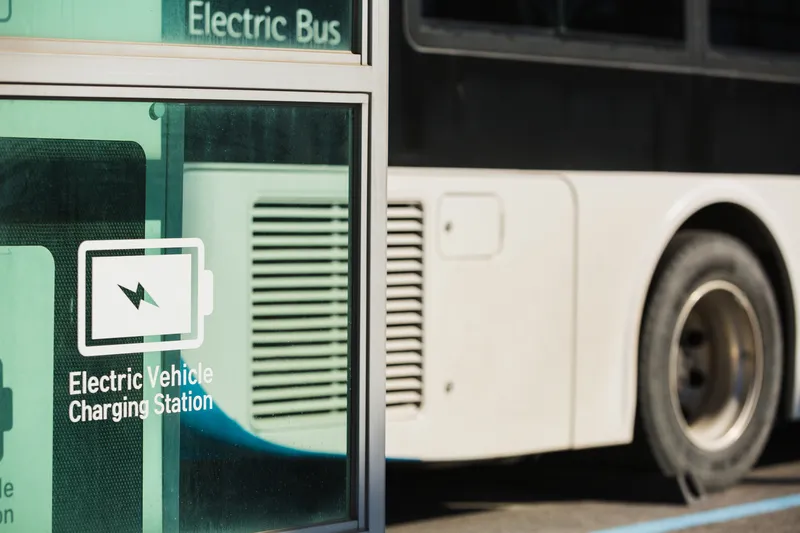Fifty-one projects in 39 states will receive a share of the funding, including the City of Lubbock, Texas and local transit agency Citibus, the Jacksonville Transportation Authority (JTA) in Florida and the
Eligible projects included those that replace, rehabilitate, lease and purchase buses and related equipment as well as projects to purchase, rehabilitate, construct or lease bus-related facilities, such as buildings for bus storage and maintenance. Projects can also include workforce development components to train the next generation of transit employees.
Eligible recipients included transit agencies, state transportation departments, and Indian tribes. Projects were selected on a competitive basis using evaluation criteria outlined in the Notice of Funding Opportunity, such as community needs, project benefits and local technical and financial capacity.
US DOT announces grants to support high-tech low-no buses, American manufacturing
The US Department of Transportation’s Federal Transit Administration (FTA) has announced US$55 million in grant selections through the Low or No Emission (Low-No) Vehicle program, which funds the development of transit buses and infrastructure that use advanced fuel technologies.
Fifty-one projects in 39 states will receive a share of the funding, including the City of Lubbock, Texas and local transit agency Citibus, the Jacksonville Transportation Authority (JTA) in Florida and the Alaska Department of
September 18, 2017
Read time: 2 mins
The 324 US Department of Transportation’s 2023 Federal Transit Administration (FTA) has announced US$55 million in grant selections through the Low or No Emission (Low-No) Vehicle program, which funds the development of transit buses and infrastructure that use advanced fuel technologies.










